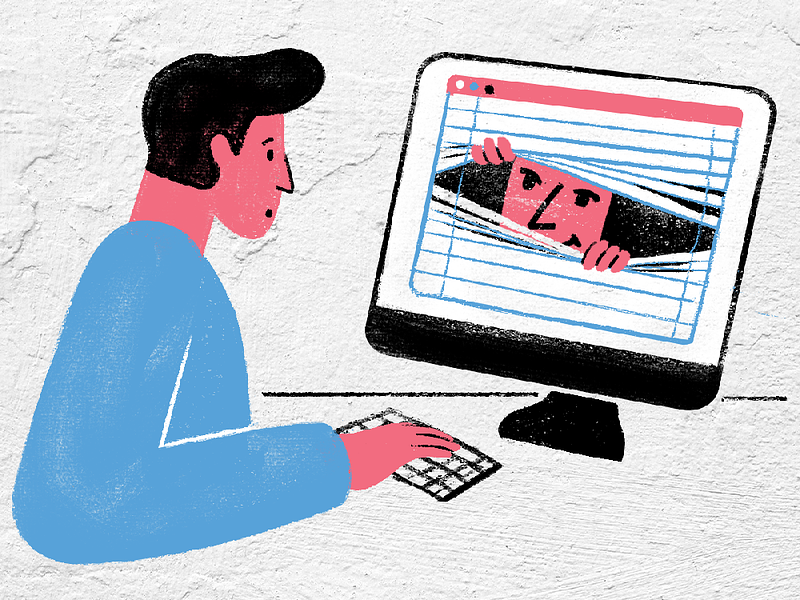Emily Baron
eb113717@ohio.edu
Welcome to the digital age; An age in which technology is integral to day-to-day life and can be found on our desks, in our homes, in our hands, and even flying in our skies. As a journalist, it is easy to notice the massive influence technology has on the way we receive and process information. What once was a job that required ink, paper and a writer is now a job that is dominated by the internet’s influence, with less and less printed media hitting the shelves and switching to online than ever before.
People today are constantly surrounded with technology and observing its content, like when we scroll through social media or when we indulge in scouring online articles and blog posts, but what if the observed content is observing us right back? Journalist Rami Somaiya for the Columbia Journalism Review points out how intricate the algorithm for the company Google is, "...with analytical tools to look for attention spikes on a variety of topics,” in order to strategically place personalized content to the top of readers’ screens. “Success means that more people click. It is, roughly, the business model of pornography,” Somaiya asserts.
Amassing clicks from internet-users is the ultimate goal for content creators. Google is not the only online platform with clickbait specifically tailored to analyze and individually manipulate the delivery of information to its users; Facebook is full of it too. Online content creators Goldman and Wade openly admit that in making Facebook posts, their goal is not to share accurate information, but to intentionally cram as much attention-grabbing vocabulary and imagery as possible in a headline to garner more clicks, or, more cash. They pay great attention to the statistics of each article, without taking their eyes off of the number of views or hits. Journalistic integrity and honesty is not on their radar as increasing profit is.
With people like Goldman and Wade rapidly spreading misinformation on Facebook, baseless media content or "fake news" is clouding timelines like never before alongside a plethora of other stories purposefully positioned to manipulate the viewer. As active members of digesting digital information, it is imperative for readers to consider what headlines are meant for disseminating knowledge and what headlines are deliberately sensationalized to trick and deceive. Clicks are currency: spend them wisely.

I think this was a very interesting post. Filter bubbles are real for everyone online and with that, it becomes much harder to spot fake news. Technology is constantly trying to win our time and attention over, not inform us on the truth. Great post, Emily!
ReplyDeleteThis is such a relevant and interesting perspective, I am so glad you chose to write about it. The constant spreading of false information has made our industry so much harder to find success in because of the lack of trust from the public. While it is understandable that the Internet and these companies like Google are a business that must make money, is it worth it to risk the public knowing the truth?
ReplyDelete